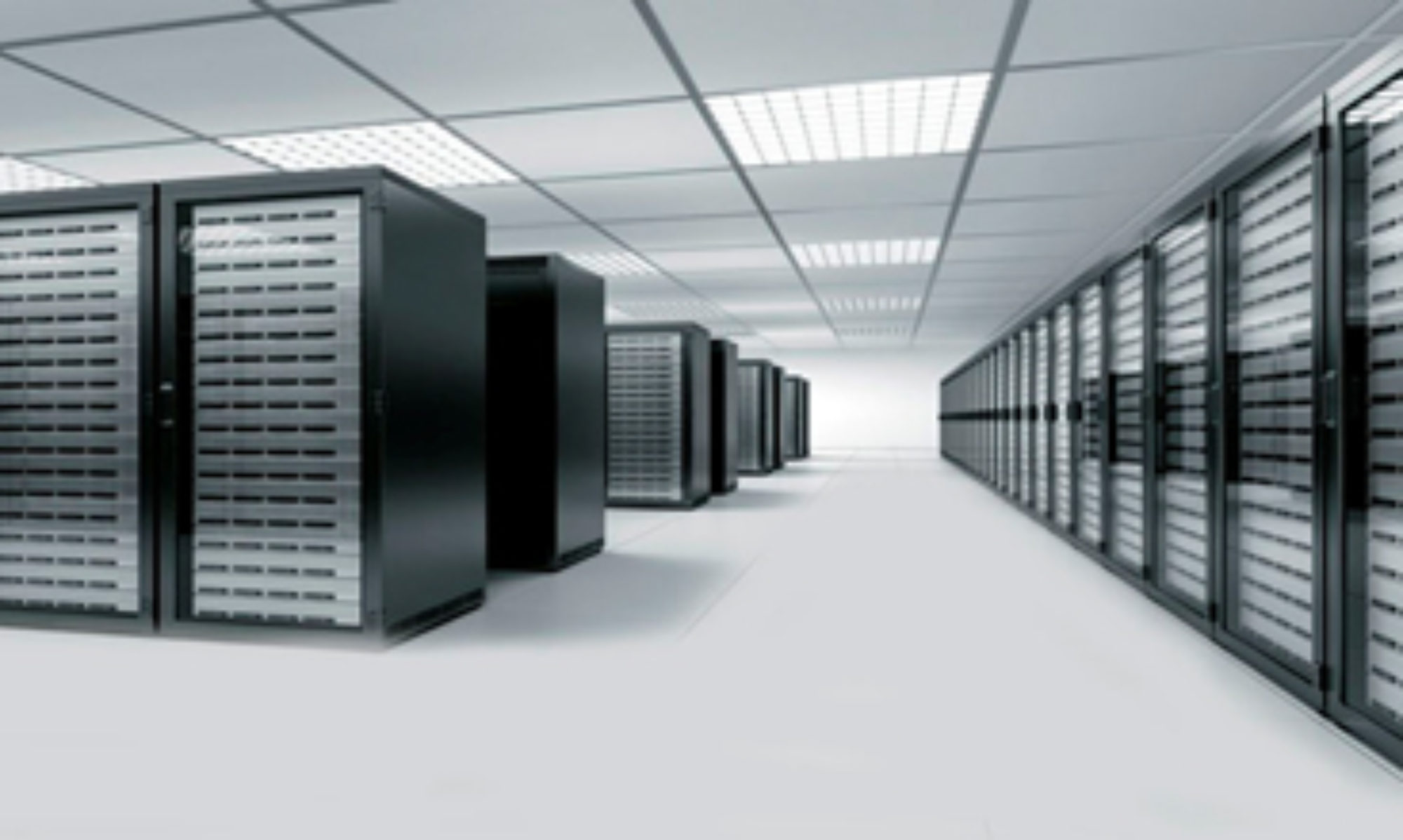
Introducing EMC ViPR
This is the first in a three part series, read part II here, and part III here.
During the recent EMCworld event in Las Vegas among other things, EMC announced ViPR (read announcement here) . Note that this ViPR is not the same EMC Viper project from a few years ago that was focused on data footprint reduction (DFR) including dedupe. ViPR has been in the works for a couple of years taking a step back rethinking how storage is can be used going forward.

ViPR is not a technology creation developed in a vacuum instead includes customer feedback, wants and needs. Its core themes are extensible, open and scalable.

On the other hand, ViPR addresses plenty of buzzword bingo themes including:
- Agility, flexibility, multi-tenancy, orchestration
- Virtual appliance and control plane
- Data services and storage management
- IT as a Service (ITaaS) and Infrastructure as a Service (IaaS)
- Scaling with stability without compromise
- Software defined storage
- Public, private, hybrid cloud
- Big data and little data
- Block, file and object storage
- Control plane and data plane
- Storage hypervisor, virtualization and virtual storage
- Heterogeneous (third-party) storage support
- Open API and automation
- Self-service portals, service catalogs

Note that this is essentially announcing the ViPR product and program initiative with general availability slated for second half of 2013.
What is ViPR addressing?
IT and data infrastructure (server, storage, IO and networking hardware, software) challenges for traditional, virtual and cloud environments.
- Data growth, after all, there is no such thing as an information recession with more data being generated, moved, processed, stored and retained for longer periods of time. Then again, people and data are both getting larger and living longer, for both little data and big data along with very big data.
- Overhead and complexities associated with managing and using an expanding, homogenous (same vendor, perhaps different products) or heterogeneous (different vendors and products) data infrastructure across cloud, virtual and physical, legacy and emerging. This includes add, changes or moves, updates and upgrades, retirement and replacement along with disposition, not to mention protecting data in an expanding footprint.

- Operations and service management, fault and alarm notification, resolution and remediation, rapid provisioning, removing complexity and cost of doing things vs. simply cutting cost and compromising service.

What is this software defined storage stuff?
There is the buzzword aspect, and then there is the solution and business opportunity.
First the buzzword aspect and bandwagon:
- Software defined marketing (SDM) Leveraging software defined buzzwords.
- Software defined data centers (SDDC) Leveraging software to derive more value from hardware while enabling agility, flexibility, and scalability and removing complexity. Think the Cloud and Virtual Data Center models including those from VMware among others.
- Software defined networking (SDN) Rather than explain, simply look at Nicira that VMware bought in 2012.
- Software defined storage (SDS) Storage software that is independent of any specific hardware, which might be a bit broad, however it is also narrower than saying anything involving software.
- Software defined BS (SDBS) Something that usually happens as a result when marketers and others jump on a bandwagon, in this case software defined marketing.
Note that not everything involved with software defined is BS, only some of the marketing spins and overuse. The downside to the software defined marketing and SDBS is the usual reaction of skepticism, cynicism and dismissal, so let us leave the software defined discussion here for now.

An example of software defined storage can be storage virtualization, virtual storage and storage hypervisors that are hardware independent. Note that when I say hardware independent, that also means being able to support different vendors systems. Now if you want to have some fun with the software defined storage diehards or purist, tell them that all hardware needs software and all software needs hardware, even if virtual. Further hardware is defined by its software, however lets leave sleeping dogs lay where they rest (at least for now ;)).
Storage hypervisors were a 2012 popular buzzword bingo topic with plenty of industry adoption and some customer deployment. While 2012 saw plenty of SDM buzz including SDC, SDN 2013 is already seeing an increase including software defined servers, and software defined storage.
Regardless of what you view of software defined storage, storage hypervisor, storage virtualization and virtual storage is, the primary focus and goal should be addressing business and application needs. Unfortunately, some of the discussions or debates about what is or is not software defined and related themes lose focus of what should be the core goal of enabling business and applications.
Continue reading in part II of this series here including how ViPR works, who it is for and more analysis.
Ok, nuff said (for now)
Cheers gs
Greg Schulz – Author Cloud and Virtual Data Storage Networking (CRC Press), The Green and Virtual Data Center (CRC Press) and Resilient Storage Networks (Elsevier)
twitter @storageio
All Comments, (C) and (TM) belong to their owners/posters, Other content (C) Copyright 2006-2024 Server StorageIO and UnlimitedIO LLC All Rights Reserved
